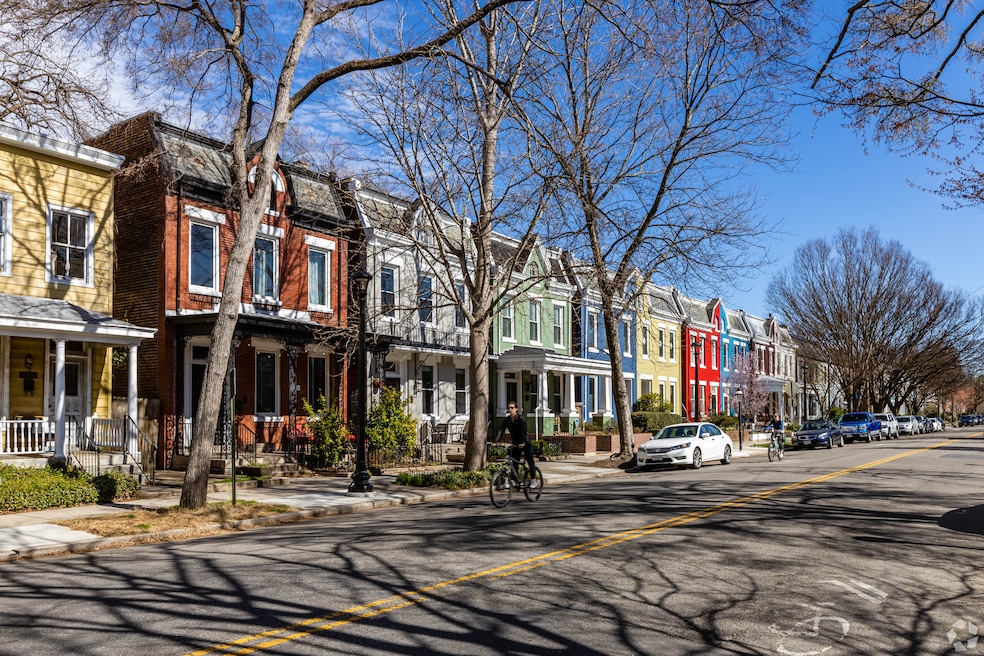Corporations are buying a larger share of residential real estate across the nation, but the trend is even more pronounced in the South and Midwest, a new study shows.
Researchers at the Lincoln Institute of Land Policy examined parcel ownership records in 500 counties in the United States and found that corporations own 8.9%. The study, published last week, defines corporations as private equity firms, pension funds, or real estate investment trusts. In cities like New York, St. Louis, and Harrisonburg, Virginia, the rate of corporate ownership is 20% or higher, the study found.
"It’s clear that corporate ownership of residential property is here to stay — and might even continue increasing," the institute's CEO, George McCarthy, said in a statement. "However, this report offers a look into key trends, establishing a national baseline that policymakers, reporters, and communities can use to best understand how to move forward."
Researchers generated a top 25 list of cities where corporate ownership rates of single-family homes, multifamily properties, and manufactured housing communities were higher than the 8.9%. The list includes smaller cities like Franklin, Ohio, (20%); Emporia, Virginia, 19.7%; Clarke, Georgia, (19.4%); and Radford, Virginia, (19.2%). Major cities — including Baltimore (19.6%); Oklahoma City (18%); Richmond, Virginia, (17.7%); and Brooklyn, New York (16.3%) — also made the top 25.
In some major cities, as corporate buys rise, homeownership rates drop
A special team of researchers within the institute's Center for Geospatial Solutions used county tax assessor data to find out when an individual or a corporate investor owns a parcel. The data found that, within major cities like Baltimore, Cleveland, and St. Louis, homeownership rates have dropped since corporate ownership has grown.
The study lands as lawmakers nationwide have introduced legislation aimed at restricting how many homes private equity firms and other corporations can own. Legislators in New Mexico, New York, Texas, and Virginia argue that corporations purchase single-family homes and convert them into rental units to generate huge profits — thus making those dwellings unavailable for families to buy.
Researchers said they published the study in part to help lawmakers craft better safeguards around growing corporate ownership of homes.
"Policymakers can’t protect affordability if they can’t see who controls the land beneath our feet," Jeff Allenby, innovation director at the Center for Geospatial Solutions, said in a statement. "Geospatial, parcel-level visibility reveals how corporate investment is shaping housing — from national patterns to city blocks. Leaders need this clarity to respond to emerging pressures in real time and deploy interventions where they’re needed most."
For most of U.S. history, residential real estate has been owned by private individuals or families who use them as their primary residence or vacation home, researchers said. However, soon after the 2008 financial crisis, corporate investors began purchasing homes "at deep discounts and gained control of housing across the country through foreclosure," researchers said in the study.
Corporations bought another huge chunk of residential real estate during the COVID-19 pandemic — when interest rates plummeted — and that's when the trend caught the attention of lawmakers and the news media, researchers from the Massachusetts nonprofit added.
Cities and states can combat the rise in corporate ownership in a few ways, the study concluded. Municipalities can launch buyback programs where they retake ownership of foreclosed homes, or they could pump more money into down payment assistance so residents can afford to buy a property in their area. Cities could also create land banks that buy properties solely for selling them to would-be homeowners or further fund ones that exist, the study said.

